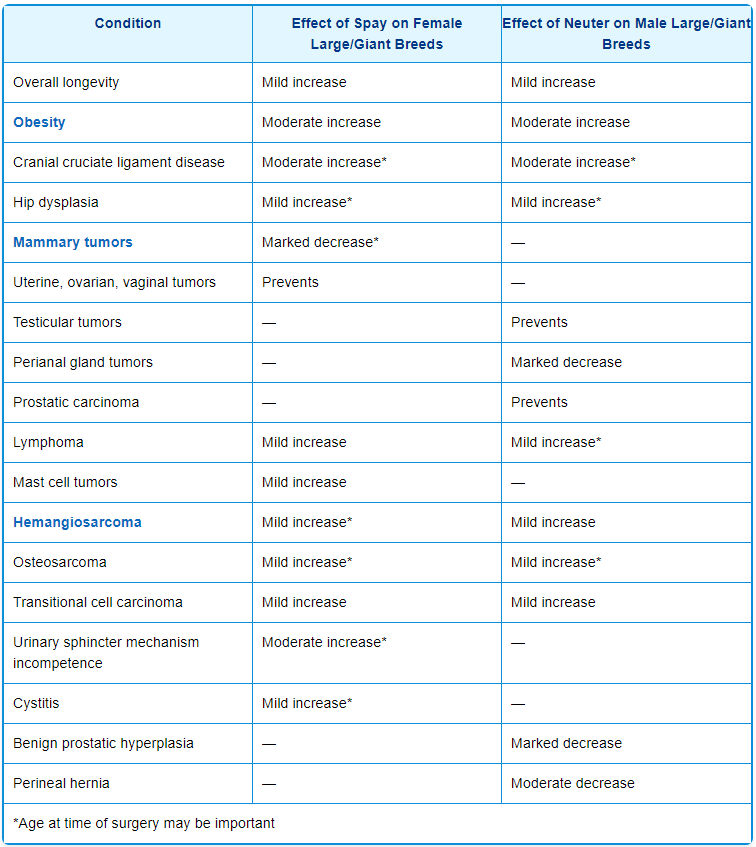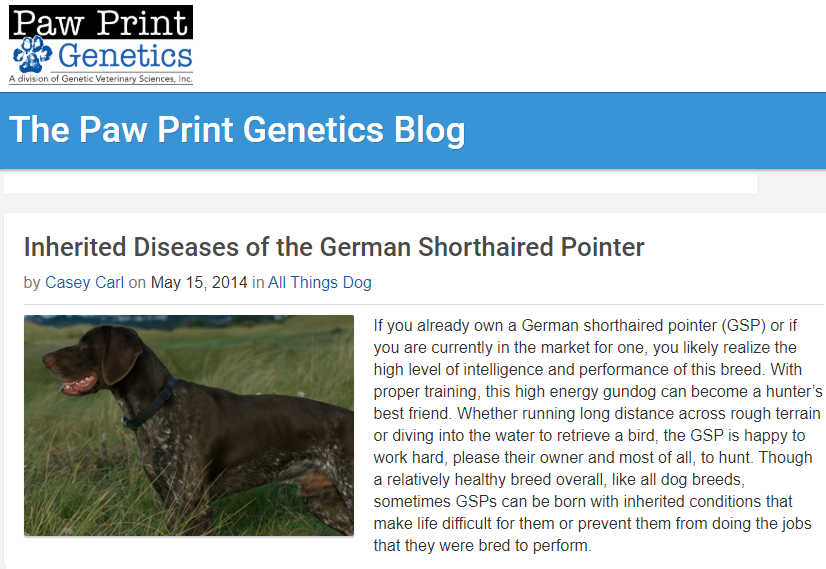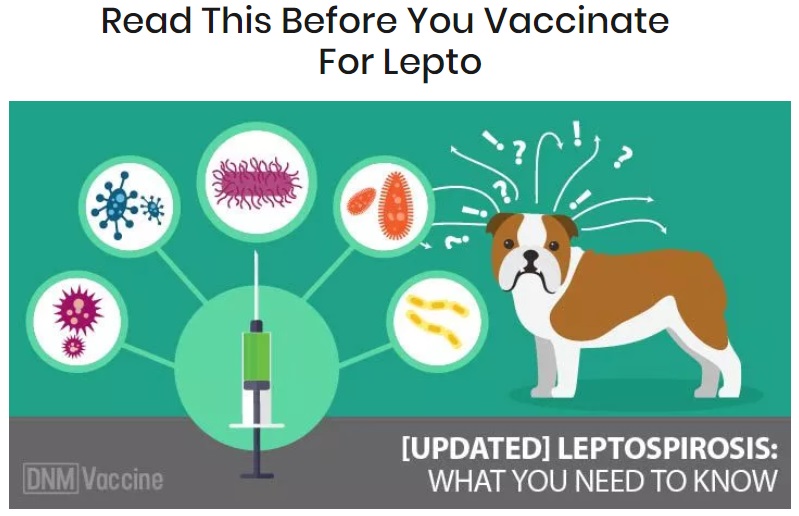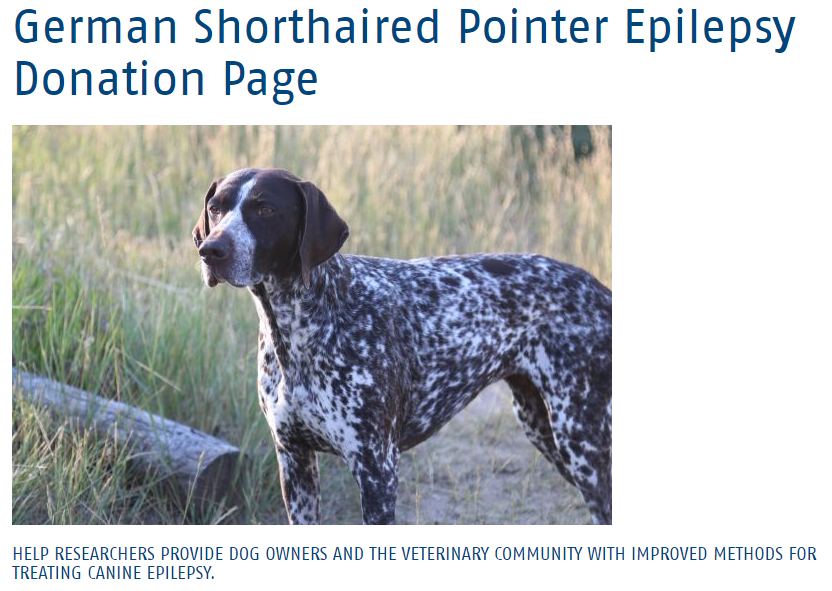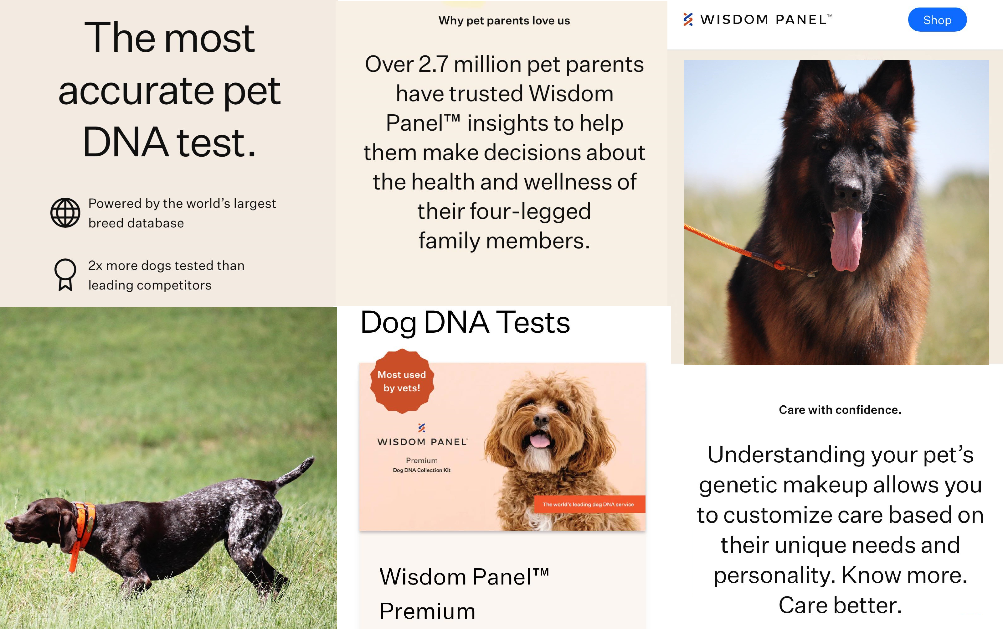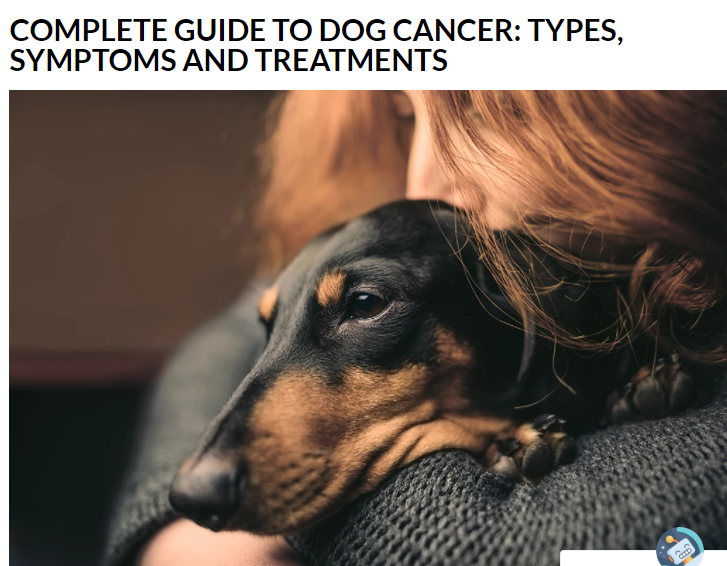"TIDBITS"
Feel free to look through some of this information that we enjoyed to share with you.
We can always learn more about our dogs and we will provide links to good information we think you should know!
Click on the pictures below or links to be taken directly to the
article with more information.
Canine Dysautonomia (CD)
⚠️ Important Information for All Puppy Owners
If you are getting a puppy from us, please take time to educate yourself about Canine Dysautonomia (CD) — a serious and often fatal degenerative neurological disorder primarily found in the Midwest, especially in Missouri and the Kansas City area.
Research studies have been underway for years, but progress has been slow, and sadly, many dogs continue to die from this disease.
Canine Dysautonomia: An Important Degenerative Neurological Disorder in the Midwest – KCVMA
While the exact cause of CD remains unclear, current research suggests environmental exposure may play a role. Unfortunately, many German Shorthaired Pointers have been diagnosed, possibly because they spend more time hunting and exploring fields where the condition appears most prevalent.
This disease is most often fatal, but a few dedicated veterinarians and researchers are making breakthroughs in both treatment and early detection — and some dogs have survived under their care.
Sadly, many general veterinarians may still tell owners, “There’s nothing more we can do.”
That is not always true. Early, informed intervention can make a difference.
What You Can Do
-
Maintain Pet Health Insurance
We strongly recommend obtaining AKC Pet Insurance or another reputable provider. Having coverage can make life-saving treatment possible.
-
If Your Dog Is Diagnosed with CD
Contact one of the specialized veterinarians listed below immediately.
Time is critical — your dog’s life may depend on it.

-
Avoid High-Risk Areas
Stay up to date with current Canine Dysautonomia maps and research updates.
Avoid hunting or running dogs in known high-risk regions.
-
Practice Preventative Hygiene
If you do hunt or exercise your dog in these areas, bathe your dog thoroughly with soap afterward.
Wash off any soil, mud, or plant matter to minimize the risk of exposure or ingestion.
While we cannot promise these measures will prevent infection, they may help reduce risk — and every small step matters.
At the end of the day, we can only do our best — and staying informed, cautious, and proactive is the best way to protect your dog.
(Each picture below is a link — click on any image to learn more or access resources and research updates.)
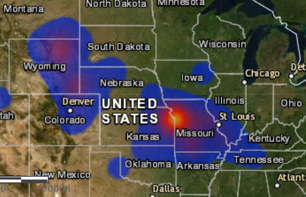
Epilepsy Awareness in the German Shorthaired Pointer
Unfortunately, epilepsy is not a condition that can be tested for at this time.
It remains a serious concern within the German Shorthaired Pointer breed, and responsible breeders continue to advocate for more research and better diagnostic tools.
As breeders, we believe it is vital to develop reliable testing methods for major neurological conditions like epilepsy. Without continued research and funding, meaningful progress cannot be achieved.
One organization we confidently recommend supporting is the AKC Canine Health Foundation, an outstanding organization devoted to research and advancements in canine health across all breeds.
A Note of Caution: Vaccinations & Preventatives
This is yet another reason to exercise caution when administering the Leptospirosis (Lepto) vaccination, as well as chewable or topical flea and tick preventatives, in your German Shorthaired Pointer.
We have personally witnessed multiple GSPs experience adverse reactions to these products — in some cases, leading to seizure disorders.
Every dog is different, and your veterinarian should be aware of your dog’s breed-specific sensitivities before recommending vaccines or preventatives. When in doubt, consult a veterinarian familiar with GSPs and discuss the safest options for your dog’s individual needs.
Copyright bluelinegundog



